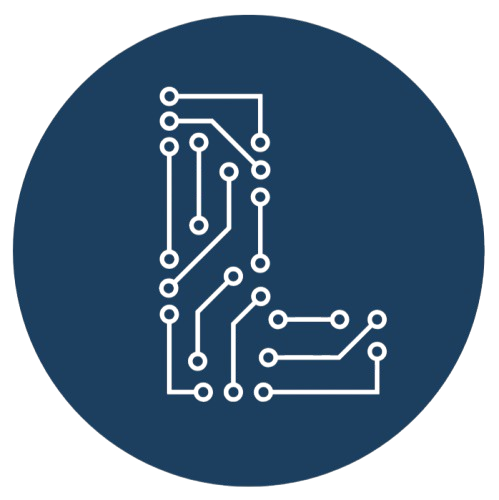Europe has selected the sites for seven “AI factories” — specialised research and development centres using the region’s most powerful supercomputers. The factories will be based in Finland, Germany, Greece, Italy, Luxembourg, Spain, and Sweden.
The interconnected network of factories will drive advancements in AI applications across various sectors in the E.U., including health, manufacturing, energy, climate, and finance. It will be managed by the European High Performance Computing Joint Undertaking, an organisation set up to develop a world-class supercomputing ecosystem in the region.
Sites will more than double E.U.’s data capacity
AI startups, small and medium enterprises, and researchers across the continent can easily access high-performance computing resources, training, and expertise through the factories. The aim is to bring together the “key ingredients for success in AI,” which are computing power, data, and talent. Together, the seven factories will more than double the E.U.’s data capacity by 2026.
Five of the sites will involve new AI-optimised supercomputers, while the one in Spain will involve upgrading an existing EuroHPC system, MareNostrum 5. Likewise, the facility in Greece will be associated with the DAEDALUS supercomputer currently deployed in Athens.
The factories in Spain and Finland will have an “experimental platform” designed specifically to develop and test frontier AI models.
Who will fund Europe’s new AI factories?
The EuroHPC JU, the European Commission, and individual Member States will share funding for the seven factories, totaling €2.1 billion. The E.U. will also provide €100 million to support incubation and start-up activities, aiming to attract an additional €1 billion from private investors.
| Location | Name | Existing supercomputing infrastructure | New or upgrade? | Budget |
|---|---|---|---|---|
| Kajaani, Finland | LUMI AF | LUMI | New | At least €556 million |
| Stuttgart, Germany | HammerHAI | High-Performance Computing Center Stuttgart | New | €85 million |
| Athens, Greece | Pharos | DAEDALUS, GRNET | Upgrade | €30 million |
| Bologna, Italy | IT4LIA | LEONARDO | New | €430 million |
| Bissen, Luxembourg | L-AI | MeluXina | New | €112 million |
| Barcelona, Spain | Barcelona Supercomputing Center | MareNostrum 5 | Upgrade | €198 million |
| Linköping, Sweden | MIMER | National Academic Infrastructure for Supercomputing | New | Unknown |
The AI factories will lower the typical barriers to entry associated with AI technology, such as the cost of installing hardware, shortage of applicable talent, and data security concerns stemming from using offshore cloud providers. They will also make it easier for researchers to adhere to the E.U.’s strict data security and AI ethics requirements, as the factories’ management teams will be responsible for compliance.
Furthermore, a September report by former European Central Bank President and economist Mario Draghi claimed that the bloc was not competitive with other global regions in terms of innovation, especially with advanced technologies. The factories intend to help address this lack of competitiveness, guarantee strategic sovereignty, and improve control over data and security.
SEE: Generative AI Could Add Up to €1.4 Trillion to the EU’s GDP by 2034
“Now we are ready to lead with the right infrastructure in our ambition for the EU to become the AI continent,” said Henna Virkkunen, executive vice-president for Tech Sovereignty, Security and Democracy, in a statement.
First seven factories to be operational by 2026
In Jan. 2024, the European Commission launched a package of measures to support European startups and SMEs developing trustworthy AI in line with the AI Act. Among them was a proposal to enable the establishment of accessible AI factories using the EuroHPC infrastructure.
In May, the European AI Office was formed largely to govern the deployment of the general purpose models and the AI Act. However, the office is also tasked with establishing AI factories.
Proposals for the seven factories were received in November and then formally announced on Dec. 10. The goal is to set up the first AI factories in early 2025 and complete them by 2026. More may join later; Cyprus and Slovenia have submitted letters of interest, and Feb. 1 is the deadline for the second round of proposals.



